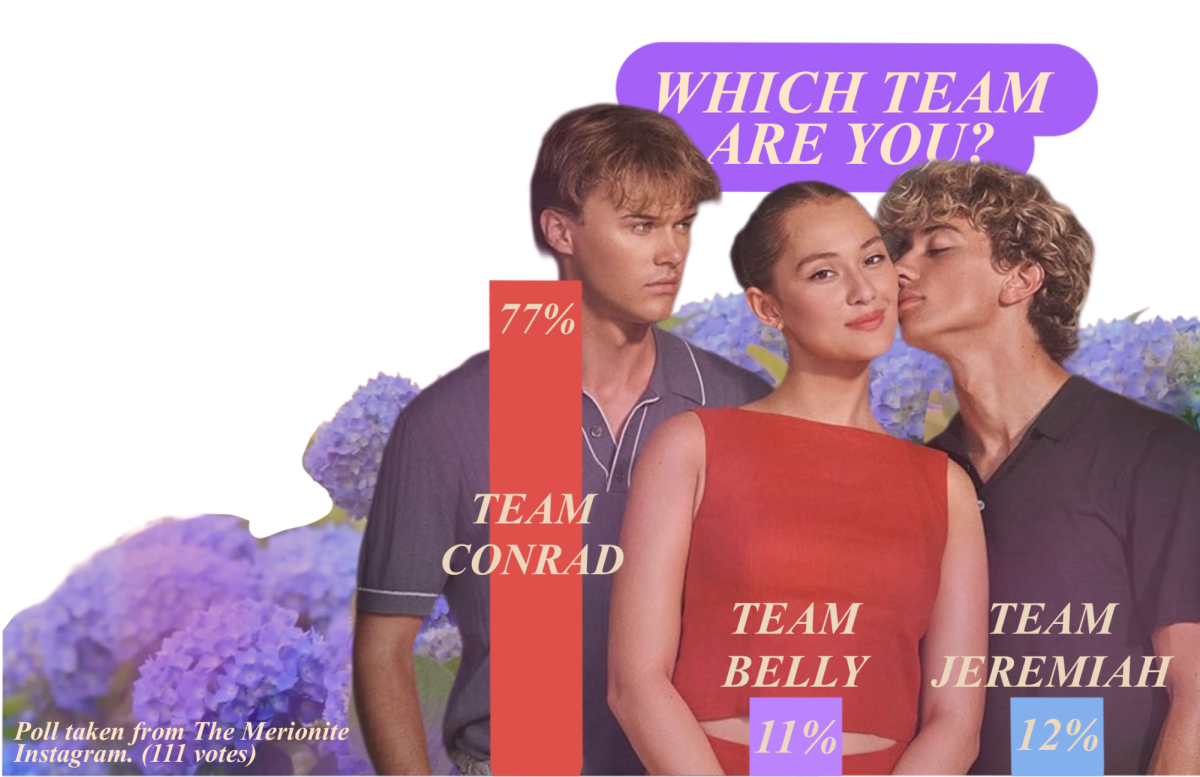LMSD has been brought to the big screen! On April 7, the four-part docuseries Spy High, produced by Mark Wahlberg (lead of Ted), debuted on Prime Video. It is a four part story about the Robbins v. Lower Merion School District lawsuit in 2010. While current students may not be familiar with the “Webcamgate” scandal, it was fascinating to see our district portrayed as the villain in the dramatized coverage of the scandal.
The documentary follows high schooler Blake Robbins, who was accused of using drugs by the Harriton principal. The evidence? A photo taken in his bedroom using one of our commonly issued, school-sanctioned laptops. Robbins and his family sued the school for spying on him through the technology, leading to massive uproar within the district and on a national level. The FBI even opened an investigation into student surveillance. The real story, or what can be found on the public domain, is that when our district first began to issue Apple Macbooks to students, they all had a remote tracking software called LANRev that tracked lost or stolen computers. If a Macbook was lost or stolen, it was “set to capture images and an IP address every 15 minutes,” NBC 10 reported. In the Robbins case, the student took a loaned laptop home without permission and the tracking software was activated. Fast forward, photos were taken and lawsuits were filed. According to LMSD attorney at the time, Henry Hockeimer, “an internal investigation found that 56,000 shots were captured to find eighty missing computers over two years”.
For nefarious purposes or not, this little scandal certainly rocked the district back then. The documentary compiled past news stories, articles, and interviews to sensationalize the situation as much as possible. They presented interviews from the Robbins family, LMSD alumni, community members, lawyers involved in the scandal, and more to make it a binge-worthy story about the line between “student privacy rights and digital monitoring,” as summarized by IMDB. Needless to say, our district was not the hero of the series, portrayed as exaggeratedly affluent and with systemic racial prejudice. The entire third episode was dedicated to a glimpse at LM’s racial achievement gap and how students were profiled with the software. A comparison of LM and “Big Brother” of 1984 was repeated consistently, “to the point where it seemed overkill,” commented Isabel Colantonio ’26.
In anticipation of the docuseries, LMSD’s School and Community Relations released a statement. They noted that LMSD “did not participate in the docu-series production” and cited the results of an independent investigation by Ballard Spahr LLP that found “no evidence that district personnel used TheftTrack2 to “spy” on students, or that district personnel surreptitiously downloaded images from the LANrev server.” Even though the district did eventually settle the case for $610,000, they still maintain their innocence in the lawsuit. When asked about the series, Director of School and Community Relations Amy Buckman stated that “no one from the LMSD administration will have any further comment on the documentary.” This was also cited at the end of the documentary, as the production team could not film on LM grounds or interview current staff.
Our LM community has had mixed reactions to the documentary. “To me, it felt like it was over-dramatized a little bit, and there was a lot of repetition,” commented Alex France ’26. Its sensationalist style seemed to be a common complaint, as Kalina Rauer ’26 agreed, “It felt really dramatized when there wasn’t a lot of story there.” She also mentioned that “the third episode talked all about race relations in LM and felt disjointed from the topic of the documentary.” Teacher Scott Seibert also mentioned this, saying “it was a big enough story with digital privacy to just keep it at that… it wasn’t about the achievement gap, and they brought that in.” For those wondering whether to watch: while it is interesting to witness our district portrayed in the media, and is entertaining as a short documentary, the general consensus of the LM community is that the storytelling is overdone.







